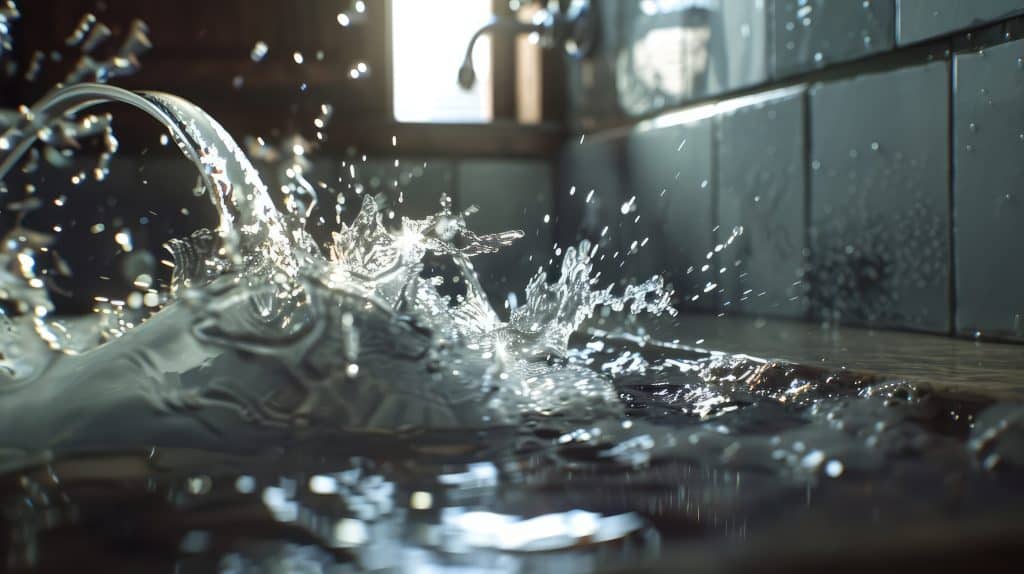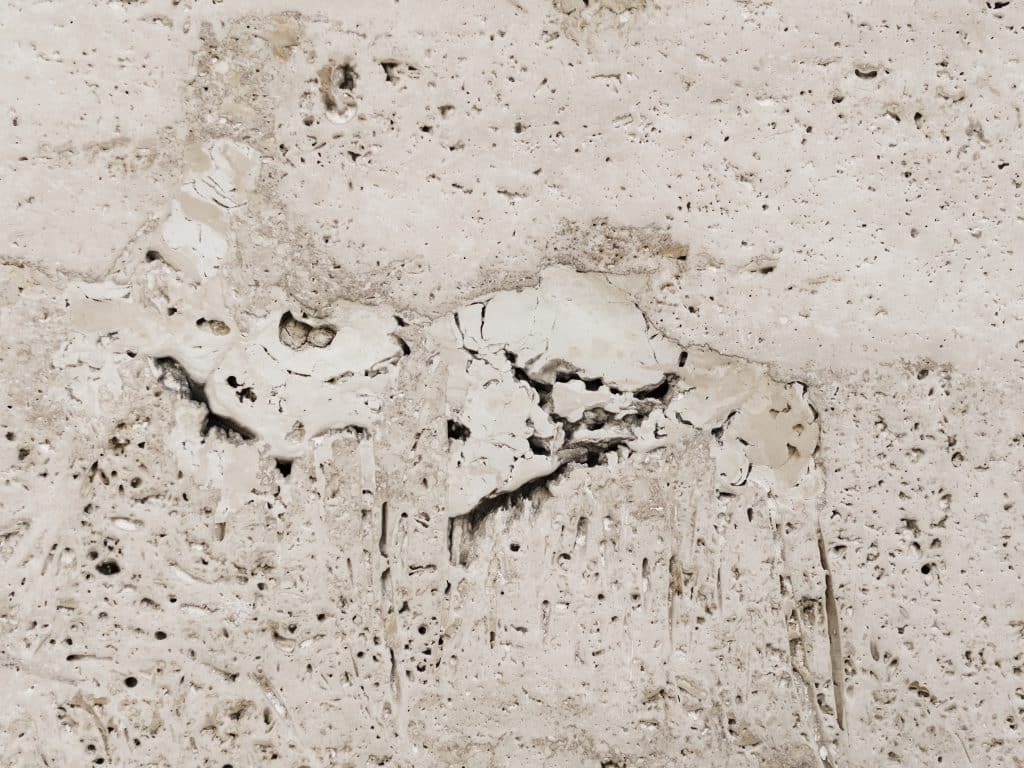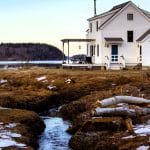Water damage is every homeowner’s worst fear. Not only is it expensive to fix, but it can also damage the structure of your home and create an unhealthy living space. In this article, we’ll look at steps that can prevent this from happening.
Steps to Protect Your Home from Water Damage

There are steps to take to protect your home from water damage. Obviously, one of them is professional basement waterproofing. By doing so, you guarantee your dry and warm house.
1. Install a sump pump
A sump pump is typically installed in a home’s basement or crawl space. This is to ensure that the area does not flood. It is generally installed by a basement waterproofing team as part of an interior basement waterproofing project. Its functioning principle involves the pumping of water away from a home’s foundation and into a drainage system. If you have heavy rains or are likely to be flooded, you need to have a sump pump. Be sure your sump pump is working fine and maybe has a battery backup in case of power outages.
2. Check your roof
The roof is a base of protecting your home from water damage. Have a professional look at your gutters and the water-shedding surface of your roof if you can not safely do it yourself. Keep an eye out for any missing or damaged shingles on the roof, and have them repaired or replaced if necessary. Clogged gutters allow rainwater to build up, potentially damaging your roof and siding.
3. Seal your windows and doors
Water can enter your home through gaps around doors and windows. Make sure your doors and windows are well sealed to prevent water from entering your home. You can use weather stripping or caulk to seal gaps or cracks. If your windows cannot be repaired, it may be best to replace them entirely.
4. Install a water alarm
A water alarm is a device that notifies you when there is water in your home, which is typically located in the basement or beneath your sink. This can assist you in recognizing a leak early on and preventing water damage. Many varieties of water-related alarms are available:
- Common alarm for sump pumps;
- WiFi-based water’s automatic dialer;
- Alarm for the phone’s sump.
And still more. With the vast number of options available, you’ll be sure to find the one that meets your needs and budget.
5. Maintain your appliances
Leaking appliances can cause a lot of water damage in the home. Have all appliances checked for leaks on a regular basic and repaired or replaced if necessary. This includes the dishwasher, washing machine, and refrigerator.
6. Don’t ignore small leaks

A small leak can be insidious in that it may eventually result in great water damage. Therefore, do not underestimate a dripping faucet or a specific leak along the piping. All of these should be attended to at an earlier date to avert the escalation of associated damages.
7. Install a backflow preventer
Backflow preventer is a device stop the flow into the piping of water within a living space. This may be important if you are in an area where the sewer system can get overloaded in heavy rain or flooding. A backflow can help to stop the backup of sewage into the home creating damage by water.
8. Know where your water shut-off valve is
In the event of a water emergency, know where is your water shut-off valve. It will enable you to turn off the water supply to your home fast and hence mitigate further damage.
9. Keep your yard sloped away from your home
Your yard’s slope can have a considerable influence on susceptibility of your home to water damage. If the yard slopes towards the home, then water will collect close to the foundation and seep into the basement or crawl space. So the yard should be sloped away from the home to keep water from pooling near the foundation.
10. Have a plan in case of a flood
Use all the right precautions. Flooding can not be limited in some areas. Ensure that you have a flood plan, an emergency kit, evacuation routes memorized, and the lives of family members and pets secured.
Expert opinion
Evelyn J. Kiser
Evelyn is an expert with over 12 years of experience in basement lowering, foundation strengthening and waterproofing. She has earned a reputation as a professional who solves complex problems and knows the answers to all questions.
Water damage might be costly and so devastating for homeowners. The good news, however, is that there are very many practical steps you can take to protect your home from water damage. Just go through the tips and at least you will have helped your home stay safe and dry into the foreseeable future.
FAQs
-
What Are the Common Causes of Water Damage in a Home?
The most common causes of water damage are leaking pipes, faulty appliances, roof leaks, poor drainage, clogged gutters, heavy rains, and more.
-
How Can I Prevent Water Damage in My Home?
To prevent water damage, simply check all plumbing appliances, clean pipes regularly, install a booster pump, and seal windows and doors.
-
What Should I Do if I Discover a Leak?
If you find a leak, take the following measures:
- Shut off the water supply;
- Dry out the area;
- Call a professional plumber;
- Check for mould.
Taking action on time will help reduce water damage to your entire home.
-
How Can I Protect My Basement from Flooding?
To protect the basement from flooding, install a booster pump, waterproof the walls, install a backup power supply, and maintain proper drainage.
-
How Can I Prevent Roof Leaks?
To prevent roof leaks, inspect your roof regularly, clean your gutters, and check your attic insulation and ventilation.
-
What Are Signs of Water Damage in My Home?
Water damage is often evidenced by discoloured walls or ceilings, peeling paint, warped floors or walls, musty odours and the presence of mould.
-
How Do I Handle Water Damage Cleanup?
If you encounter water damage, then:
- Switch off the power;
- Remove the water;
- Dry the area;
- Dispose of damaged materials;
- Call professionals.
The sooner you complete the above steps, the less damage your home will suffer.
